Aussie boxer extraordinaire, plumber, and mental-health advocate Harry Garside is well known for his acumen both in the ring and out; having taken the Gold medal at the 2018 Commonwealth Games, Bronze at the 2020 Tokyo Olympic Games, and Gold at the 2023 Pacific Games. We caught up with Garside following his performance at 2024’s Paris Olympics to dive into post-competition life.
At just 27 years of age, Harry Garside has already earned national icon status. From his standout performances in the ring to his outspoken opinions on masculinity and gender, the boxer-turned-author has established himself as one of Australia’s most poignant voices.
While he was left disappointed with his performance at the 2024 Paris Olympics, and Garside isn’t shy about talking through his problems and penchant for overthinking, he’s ultimately optimistic about what’s next. Here, we talked to the Olympian about what it’s like competing at the highest level, what it’s like coming down from that experience, and his first book, The Good Fight: Boxing, Ballet and Breaking Stereotypes.
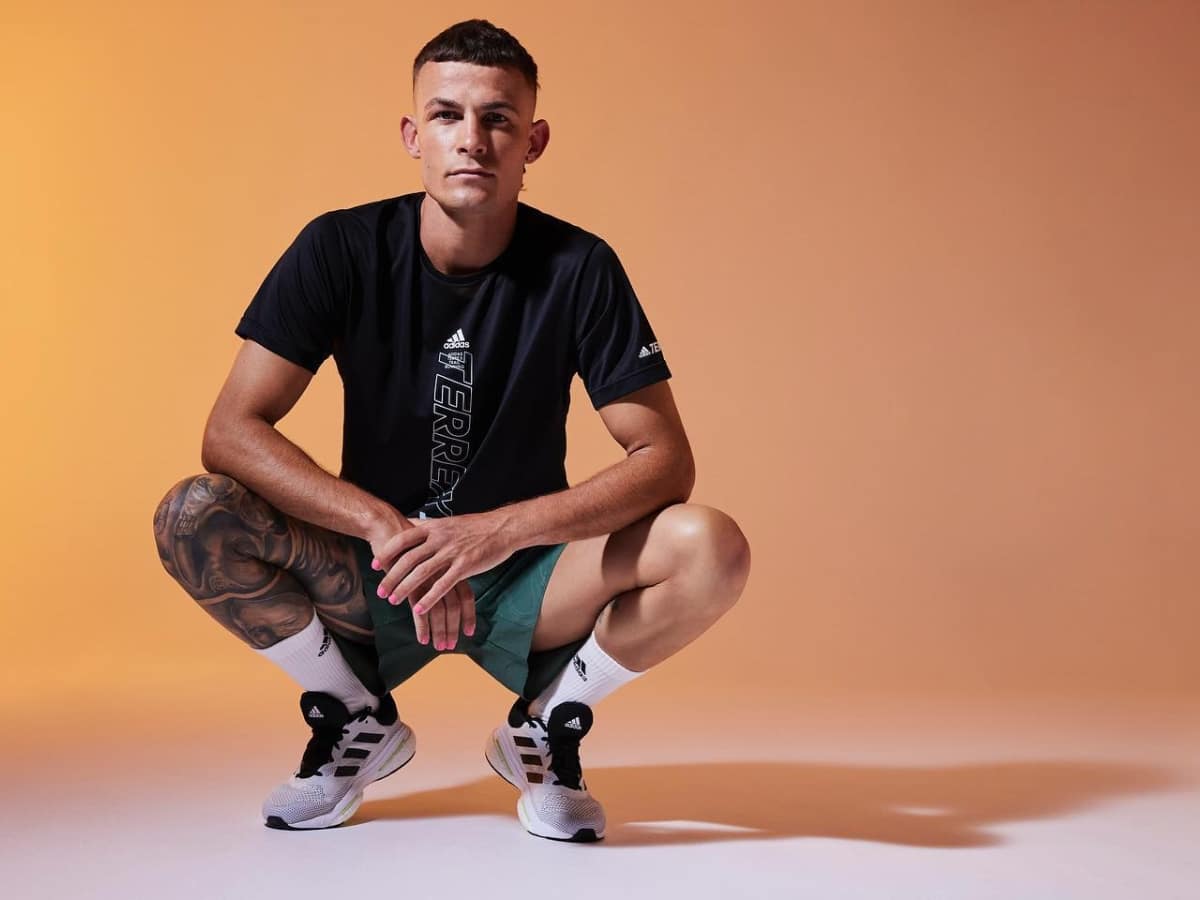
MoM: You competed in the Paris Olympics earlier this year. Can you talk me through what that and what the experience of doing that was like?
It was very different from the Tokyo Olympics, for many different reasons. Obviously, COVID-19 was different , but more so for me, I think having experienced something like the Olympics once before makes it different the second time. I think just through a level of maturity and growth and many other things, it was different for me.
Obviously, the result was way better at the Tokyo Olympics, but I think at the Paris Olympics, I actually felt like I belonged there, whereas I really didn’t feel that in my first Games. I felt like an imposter, and I was really starstruck by so many of the amazing athletes that were there — I still was this time as well, but it was just a nicer experience. I was able to embrace it a bit more.
Of course, the result wasn’t what I wanted, which was heartbreaking, but the actual experience was pretty special. It’s quite easy to attach yourself to an idea, whether that’s something like religion, or it’s an Olympic gold medal, and then wake up every day and you know what you’re doing that day to get there. You know? I’m doing all the right things today in order to become an Olympic Gold Medalist, and I don’t have that kind of direction at the moment.
So I’m feeling quite lost [post-Olympics], but also in that it’s quite exciting.
MoM: Talk me through that emotional and physical toll of competing at such a high level: you said you felt a bit overwhelmed at the first games, can you talk me through what it’s been like to mature through that?
It’s interesting. Bumping shoulders with your idols for the first time , you know? Meeting Patty Mills or Cate Campbell, Bronte Campbell, and Jess Fox, these Australian superheroes that I’ve been watching from afar for a long time, and to get there and be on the same time as them was pretty special. It takes a lot , it takes your whole life to get to the top, it takes all of your being and all of your soul, and I definitely have enjoyed the person I’ve grown into over that process.
I’ve been thinking about this a lot lately, and I think before the Tokyo Olympics my whole identity was that of a ‘boxer’, whereas now I think I’m creating things outside of boxing and I think I’m not just a boxer, though boxing is what I love to do.
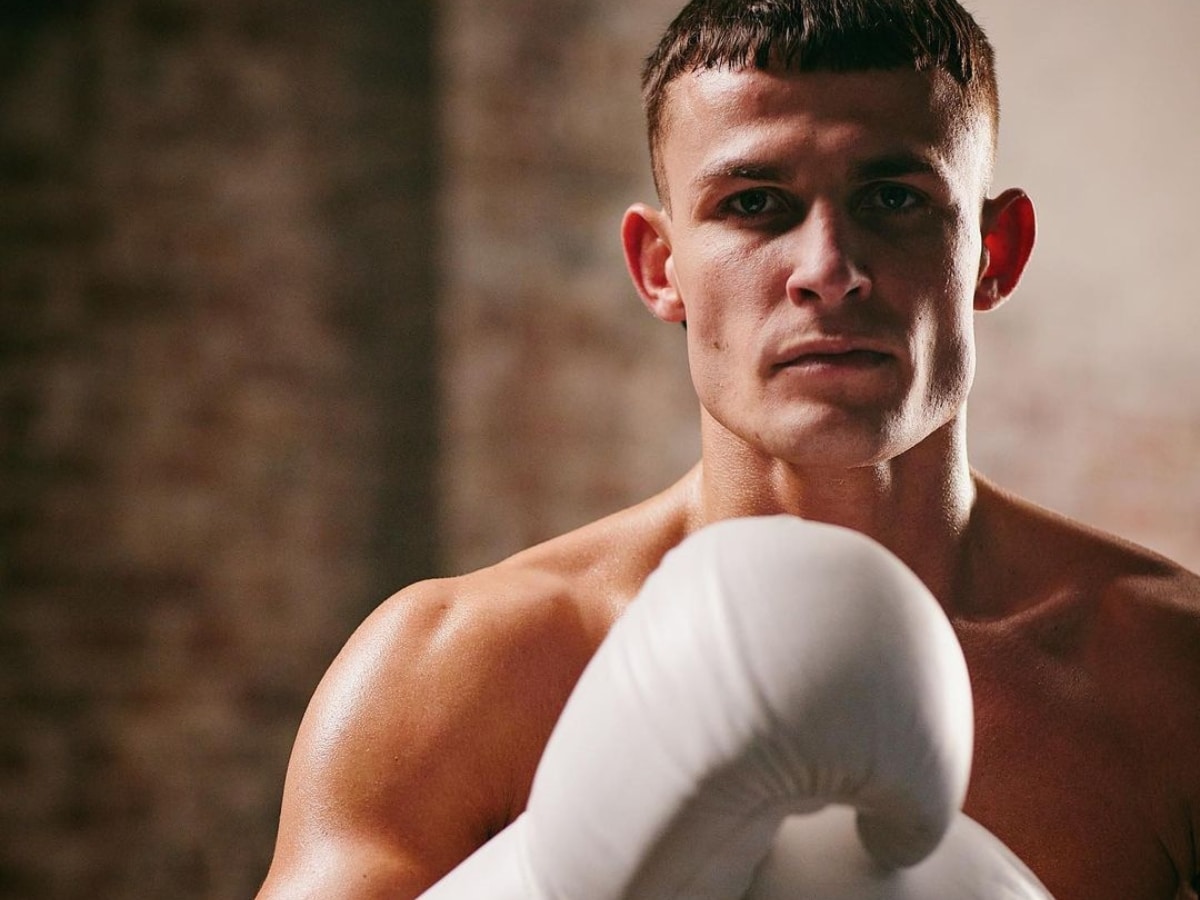
“Before the Tokyo Olympics, my whole identity was that of a ‘boxer’, whereas now I think I’m creating things outside of boxing and I think I’m not just a boxer, though boxing is what I love to do.
It’s nice to not be fully attached to that identity. I’m grateful for that.”
MoM: What are the other things in your life that you’re focusing on at the moment ?
There’s no real , I’m a deeply curious person and I love to think a lot. I call it ‘mental masturbation’, I think about some pretty wild topics and I just find life interesting. I find it wild that we’re on a spinning rock in the middle of nowhere, and we’re just making it up and people talk with certainty like they know what we’re doing here, but no one knows, and I love that. I love that we can just make it up. I love that if I wanted to today, I could just sit and count the grains of sand on the beach, or if I wanted to be a philanthropist I could, or if I wanted to meditate I could, or if I wanted to be a chippie I could.
That’s a beautiful thing about living in a country like Australia where we do have that freedom.
So I just spent a lot of time doing things that I find interesting, like spending time with my friends, or in nature. I’ve been doing a lot of bouldering lately, while still finding time for my passions: boxing, I write a bit of poetry sometimes, there are some things that have been quite consistent over the past few years, but at the moment I’m just finding new things that are exciting to me.
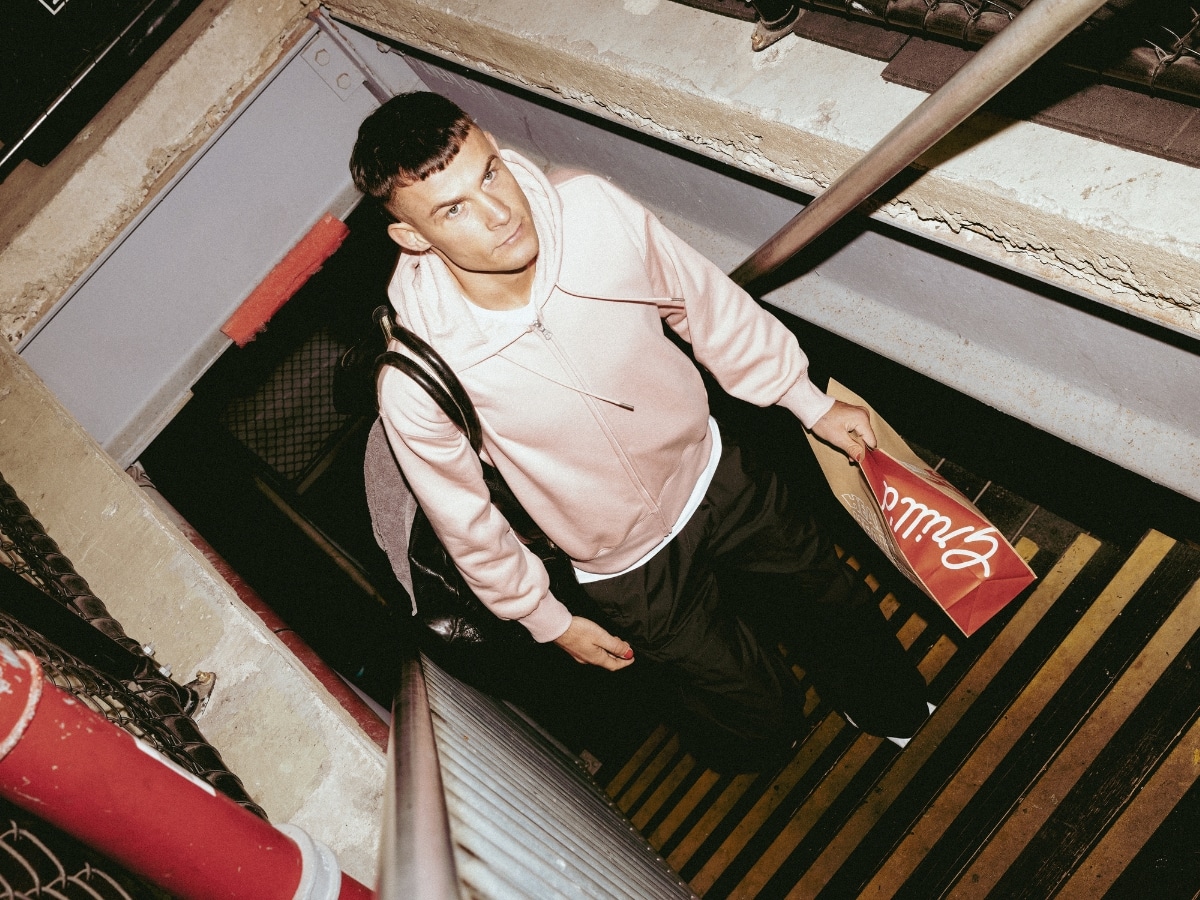
MoM: I wanted to ask how you stay motivated. Is that part of it? Diversifying your interests and just following what you’re into at any given time?
Yeah, I just don’t like to be pigeon-holed. You know? At Tokyo I wore nail polish and it got , and at times I’ve felt some pressure to keep doing it. But I very much try to listen to my heart, I try to listen to the impulsive behaviour I have, and my curiosity. I love to listen to that and be dictated by it, because it’s pure, and it’s authentic to me.
Don’t get me wrong, there are definitely times where I play the role that I think I’m supposed to, but there are also so many times where I want to be authentic. I want to be real. I don’t want people to just think I’m pigeon-holed into one certain thing, I want to be unique.
“I think we’re all walking contradictions, and don’t give ourselves enough time to actually be that.”
MoM: On that, I know you’ve partnered with a few mental health organisations. Can you talk to me a bit about that and why it’s such a focus for you?
I think it’s all tied to what I was saying before about being on a spinning rock in the middle of nowhere, and the thing that connects us all is that in any given month you’d feel most of the human emotions, maybe not necessarily the extremes, but you’d feel so much emotion and when you can talk about it and can talk about how we’re impacted: the highs, the lows, the beauty, the connections, the love, the hate, all of it, the more that we can talk about it, rather than just talking about a new car, or the new TikTok trend or whatever, I think that’s good. I want to be associated with things like In Pieces, or Grill’d, people who are just all about being connected to community and spreading more positivity in the world.
I think the human race is better off when we do that. I’m a flawed person too, I can say all these things but sometimes I live contrary to this. I’m flawed and imperfect, and full of struggle, and I don’t always live up to the person that I want to be, but I think more often than not I try my absolute hardest to be a good man.
MoM: You mentioned Grill’d in there: I know you work with them quite a bit. Can you talk me through that partnership? How does that fit in with your training?
I think Grill’d is among the healthiest burgers you can get worldwide, which is amazing. So I didn’t feel guilty when I was preparing for the Olympics eating it a few times a week, and right now I’m not preparing for anything and I don’t have to make weight, so I can have it more than a couple times a week. I’m stoked to work with them, it’s an Australian company, and I’m very patriotic. I love our country, obviously, being an Olympic Athlete.
I’ve met them a few times, and they very much seem like a company where they’re all about the healthy natured approach to not just their consumer, but the people that work there, and I like that.
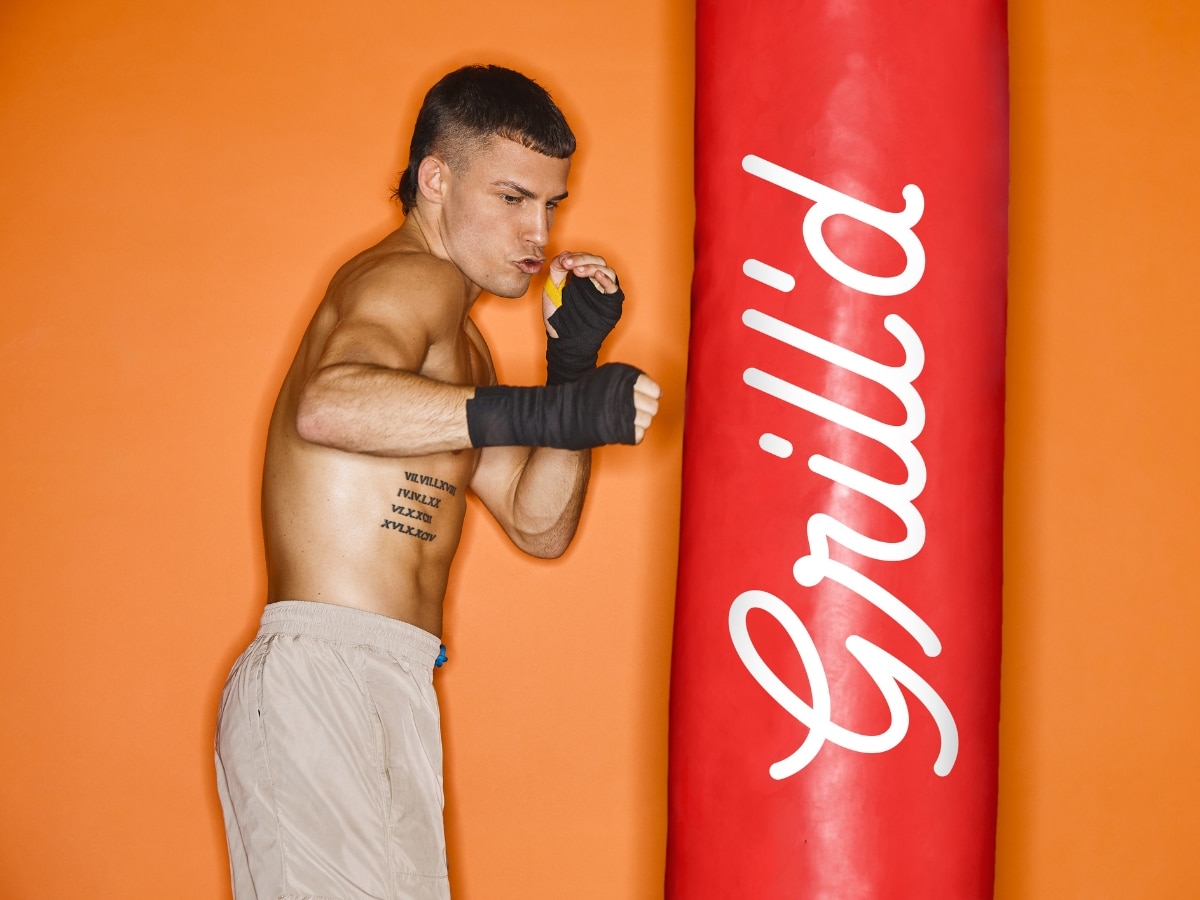
MoM: You also worked on a book earlier this year, can you tell me a bit about that? What was the process of writing it like?
The book! Yes, that was a wild project. I never thought when I left school that I’d be releasing a book or be a published author, but it was actually a very therapeutic process. I’m the kind of person that changes their opinion all the time, so it’ll be interesting to read it in two years’ time and be like, do I still feel this way? But I’m very happy with the final product. It’s not really my life’s story or anything, it’s really just my thoughts. I think about way too much, way too often.
It’s called The Good Fight: Boxing, Ballet and Breaking Stereotypes, it won’t be my last book, I’ll say that right now.
It touches on masculinity a lot, I think that’s a big topic in my life. My version of masculinity throughout my life has always been quite soft, and feeling like my manhood was often questioned, and I feel like I’ve explored masculinity a lot and realised that it can come in so many forms. So the book explores my relationship with that.
You don’t have to be a man to be masculine. I know many women that hold masculine traits, including my mum, she’s got bigger balls than I do, but she’s the stabilising trunk in my life, right? The trunk of the tree holds everything together, it does all the work under the surface, and provides all the nutrients, it’s strong, and sturdy. Whereas I see feminine energy as the flow, the leaves, the branches, the breeze, the beauty of the tree. I think we have both sides within us.
The Good Fight: Boxing, Ballet and Breaking Stereotypes was released earlier this year through Simon & Schuster. The autobiography charts Garside’s incredible journey through junior sport, exploring the triumph and tragedy associated with Olympic-level competition. It is available now through all good bookstores.


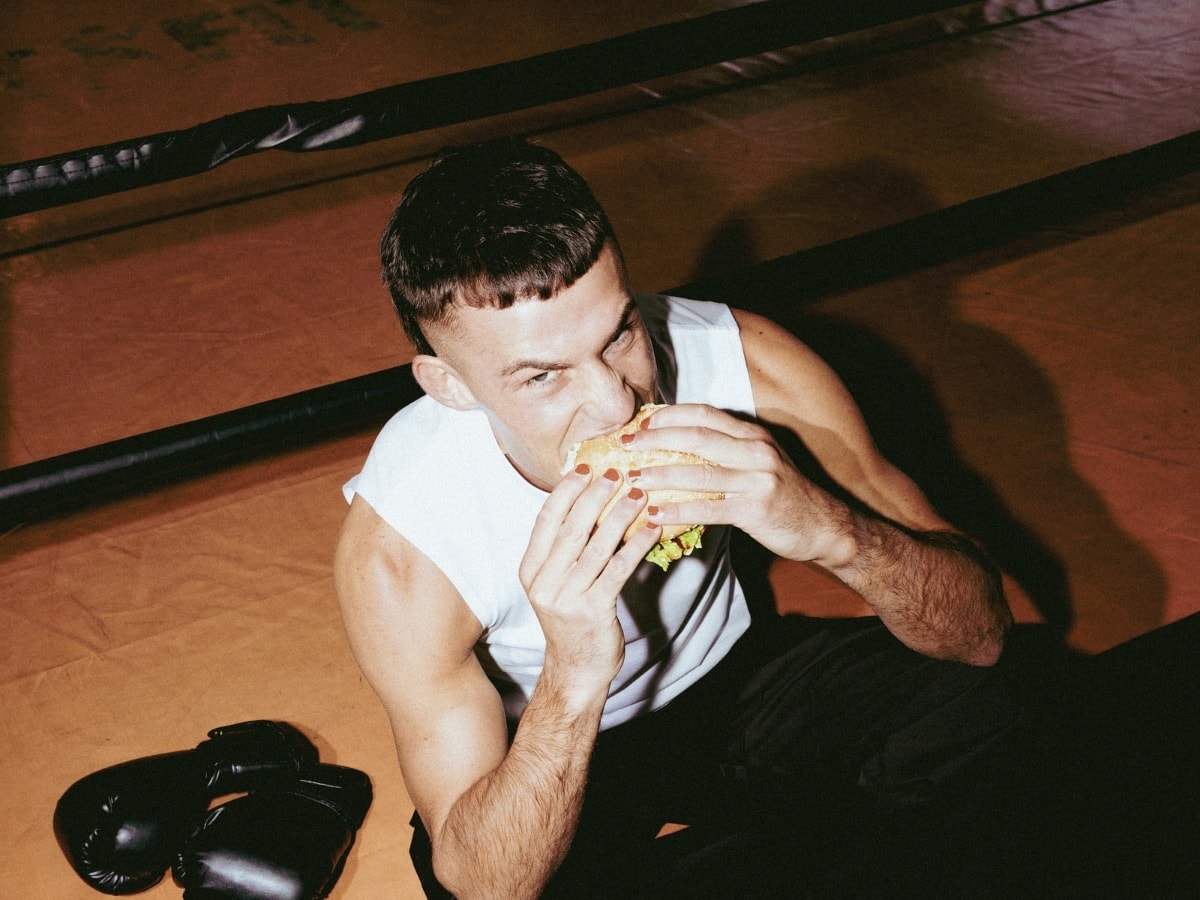





















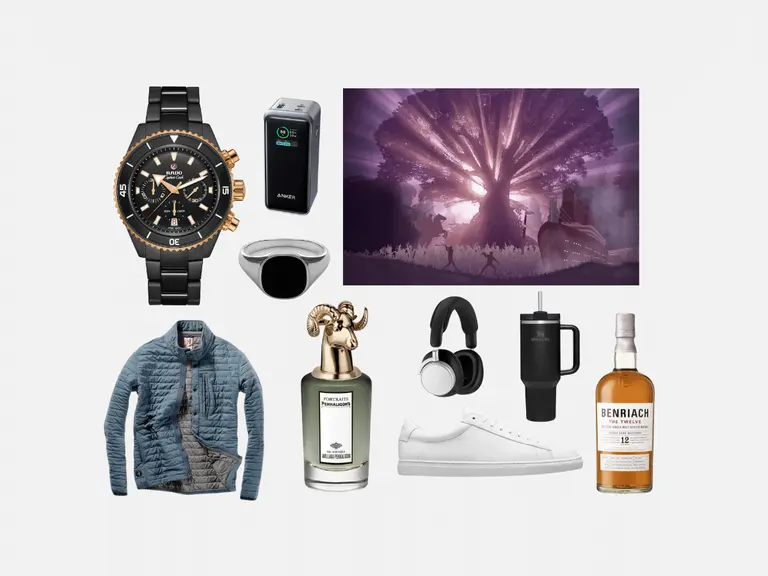







Comments
We love hearing from you. or to leave a comment.